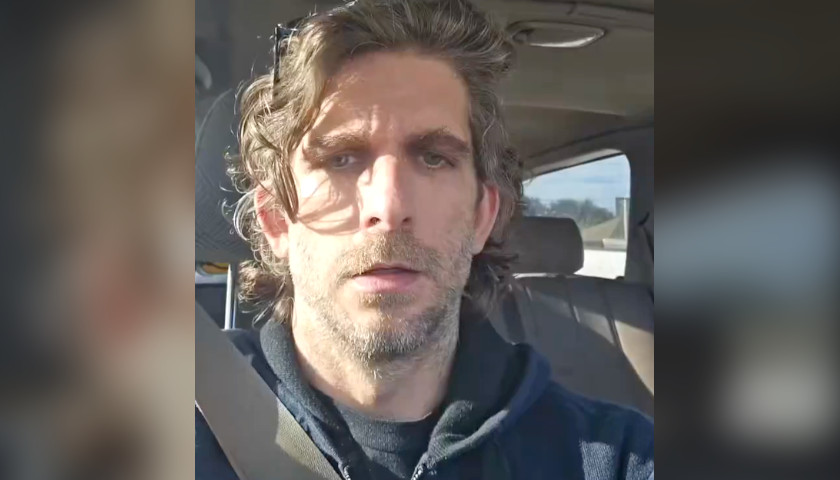Those looking for a swifter path to becoming a barber in Tennessee just might find relief. The Tennessee Board of Cosmetology and Barbers Examiners is under fire for what twenty-five year-old Elias Zarate is calling “irrelevant requirements” associated with obtaining a Barber license – namely, a high school diploma.
Born and raised in Texas, as a young boy Elias Zarate lost both parents as a result of a car accident. His mother died in the crash, and his father – in the US illegally – was deported after recovering from his substantial injuries. Elias went to school and worked to support his two younger siblings, but ultimately quit in the 11th grade to work full time.
“After so many years of hard, grueling work to provide for others, Elias thought he had made it,” the Beacon Center of Tennessee wrote in an article about the would-be barber, adding:
He was finally able to work in a field that he cared about and had a talent for, and he was able to earn good money doing it Life, it seemed, was coming together. State officials quickly tore his dream apart. Elias was shut down shortly after he got started. He was subjected to fines and other civil punishment.
The limited-government advocates’ attorney Braden Bouek took up Elias’ case and filed suit against the Board in the Chancery Court of Davidson County, 20th Judicial District at Nashville citing two main problems with the licensing requirements:
The high school requirement violates Elias’s right to earn a living, and his right to equal treatment under the law, as protected under the state and federal constitutions.
“Tennessee, in fact, does not require a high school degree to be an Emergency Medical Responder (EMR), that is, a job that administers lifesaving interventions while awaiting medical treatment,” The Beacon Center argues. “But they need only to be able to speak English; no high school degree is required. This is an example of a rational educational background because EMRs need to be able to communicate easily with a patient. Regardless, if a person can safely be trained to be an EMR without a high school degree, then a person can shave using a straight edged razor.”
Elias’s situation is another example of how state licensing laws have become more about protecting an industry than the public by creating obstacles for those looking to progress in their career of choice. The high school requirement doesn’t protect the public nor does it motivate or encourage people to stay in school.
Boucek attributes this case as being about self-ownership. “In other words, this is about personal freedom. It’s all too easy to lose sight of how intertwined our economic liberties are with our personal freedoms. What a vivid example this is of how those distinctions are illusory.”
According to the Complaint, Elias Zarate is seeking relief by requesting to enter an order of enjoining the defendants from enforcing the academic achievement required for barbers, to enter a declaration that the academic achievement requirement for barbers is unconstitutional, and award cost, expense, and reasonable attorney’s fees to the Plaintiff.
Watch a video by Beacon Center of Tennessee about Elias Zarate’s case:
– – –
Julie Carrozzi contributed to this report.





